As the Lok Sabha elections unfold in India, one notable absence is the BJP's decision not to contest in Kashmir, marking the first time since 1996. Instead, local political parties like the National Conference and the People's Democratic Party are vying for the three seats in the region. This decision raises questions about BJP's strategy and the evolving dynamics in Kashmir.
The backdrop of the elections coincides with the revocation of Jammu and Kashmir's semi-autonomous status in 2019, a move that continues to shape political discourse in the region. Analysts suggest that BJP's decision not to contest in Kashmir may reflect concerns about backlash against its bid for a more integrated Kashmir following the Article 370 revocation.
Political analysts argue that had the situation remained unchanged, Kashmiris might have supported BJP, but the revocation of Article 370 altered perceptions. The sentiment against the move could sway votes against the BJP in the valley, where there is a significant Muslim majority.
The election discourse in the valley has become polarized around the issue of Article 370, with the NC-PDP alliance capitalizing on this sentiment. Their stronghold in the Kashmir Valley has further amplified this polarization, potentially affecting the electoral landscape.
While the absence of BJP in Kashmir may disadvantage the party in the valley, it could potentially benefit in regions like Jammu, where there are more Hindu voters. BJP's strategy appears to focus on leveraging this polarization to its advantage in other parts of North India.
Overall, BJP's decision not to contest in Kashmir reflects the complexities of the region's political landscape and underscores the impact of the Article 370 revocation on electoral dynamics.



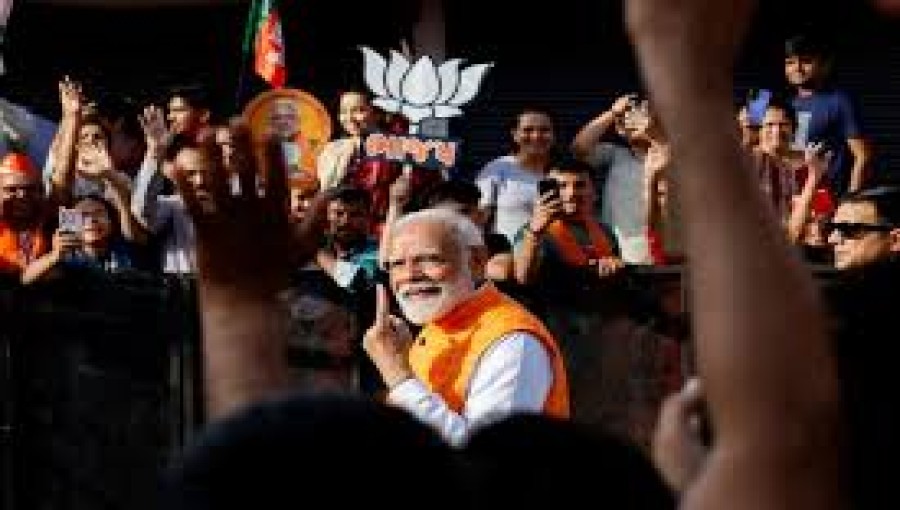
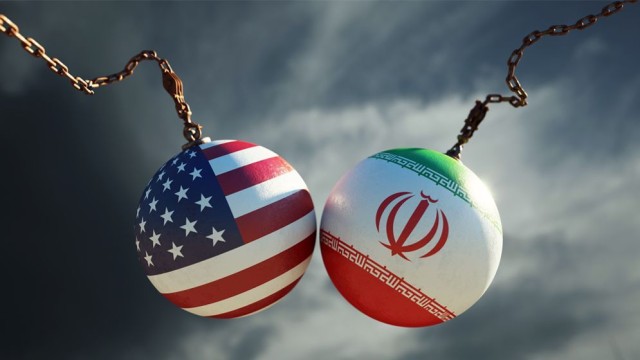
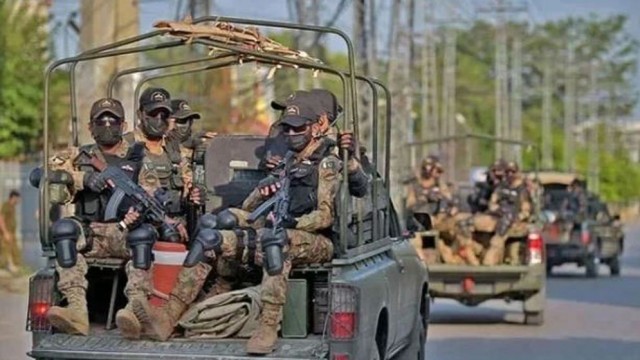
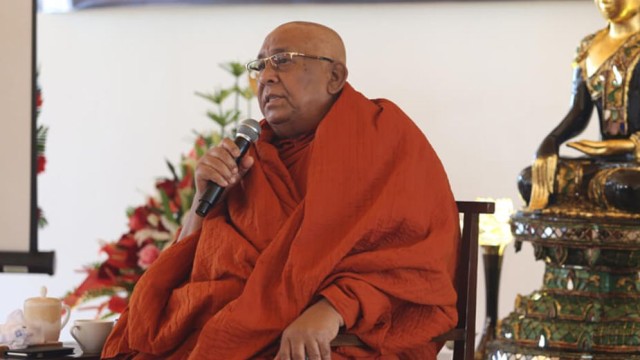
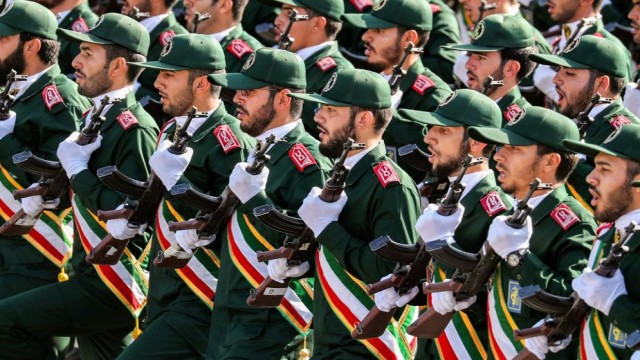

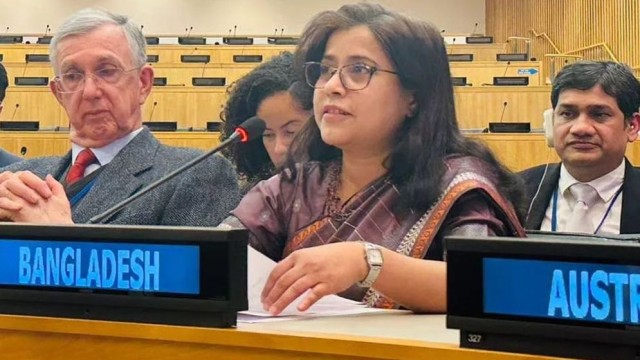
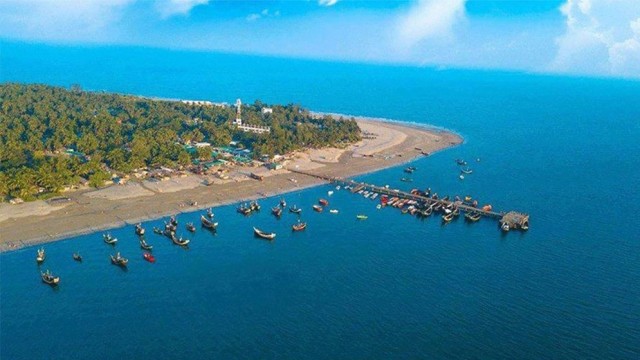
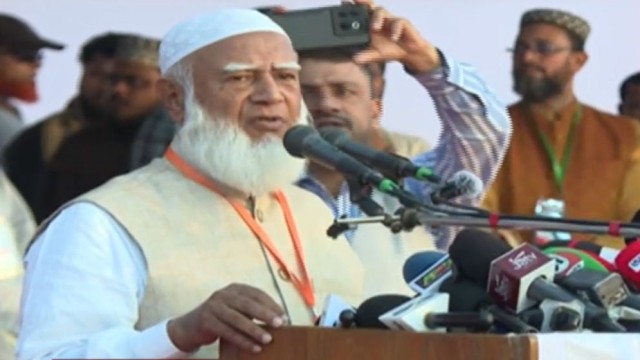
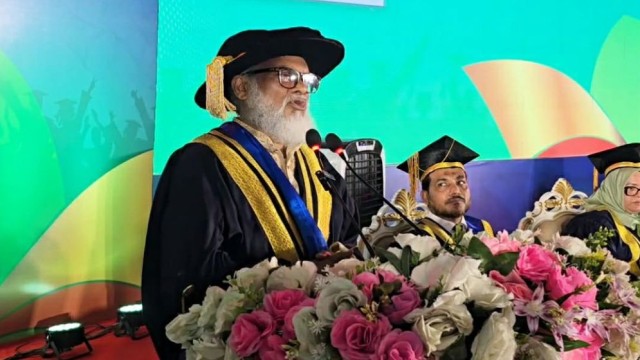
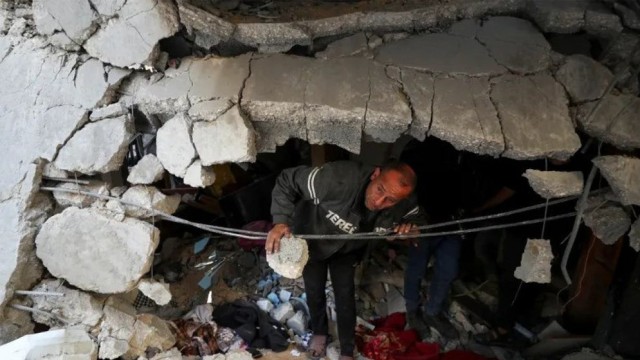
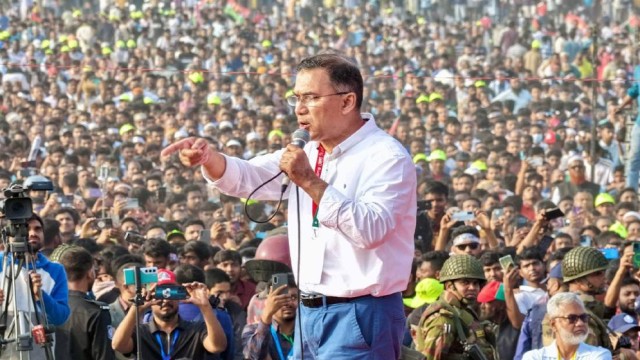
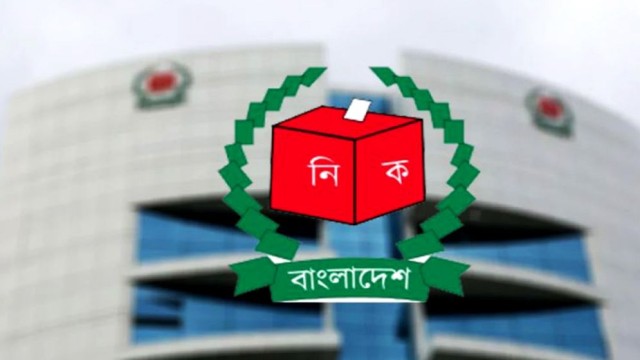
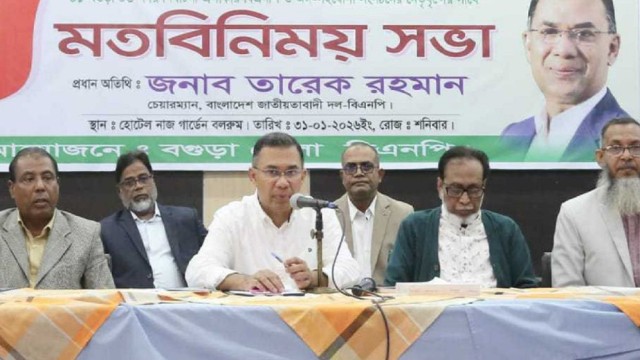
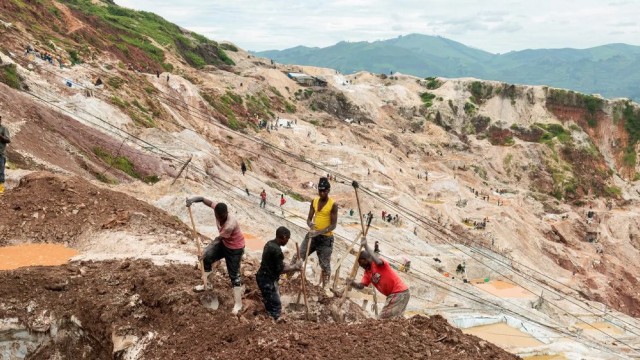
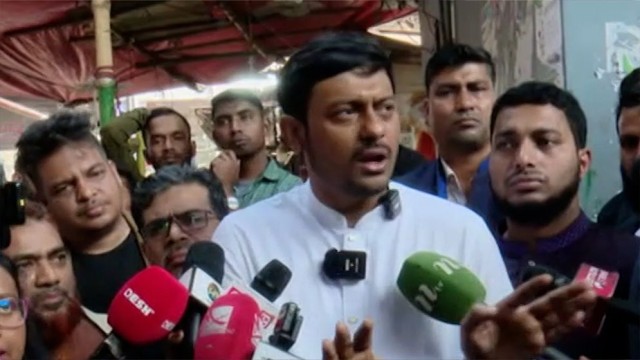
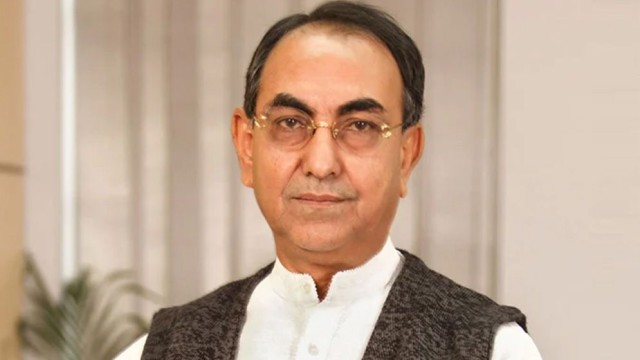


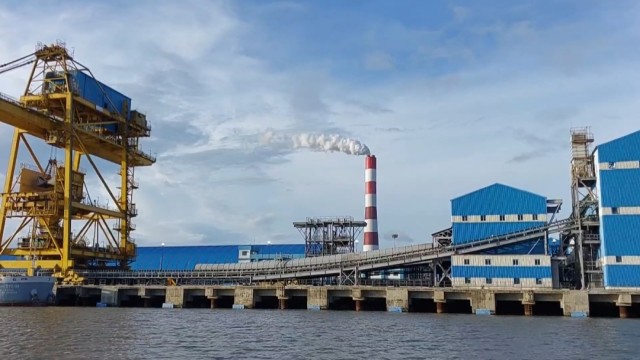
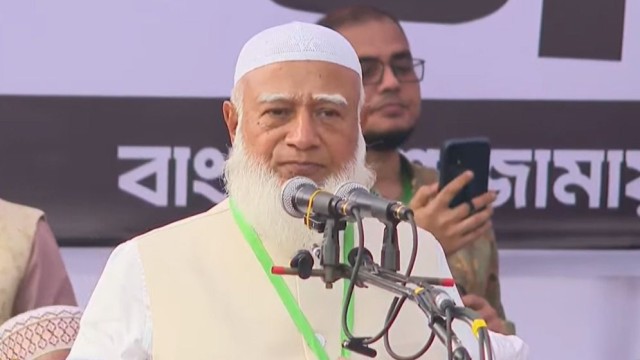

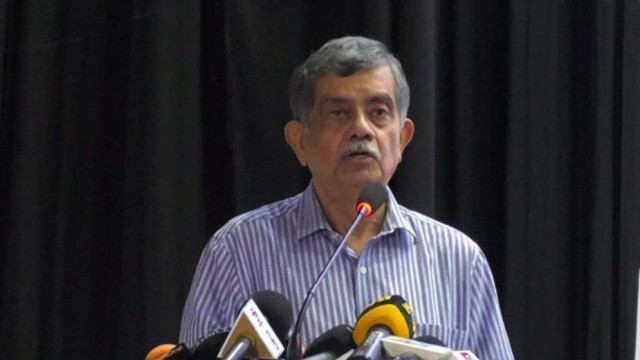

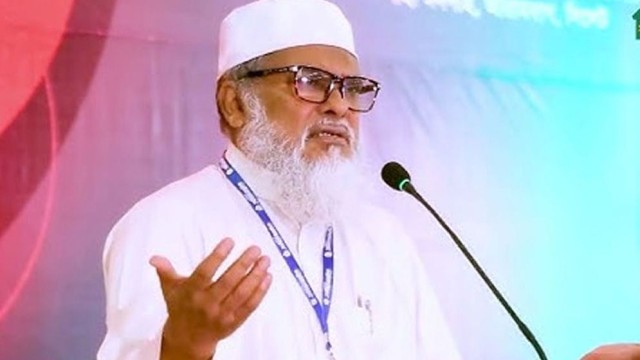
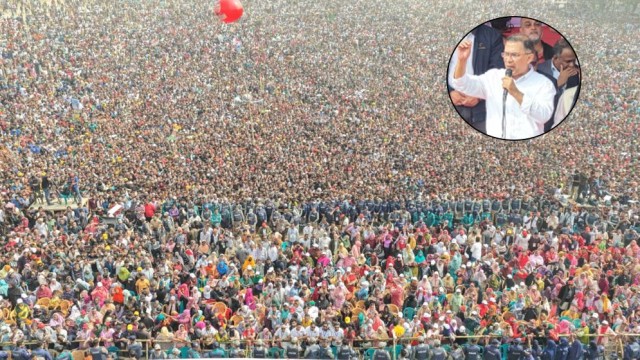
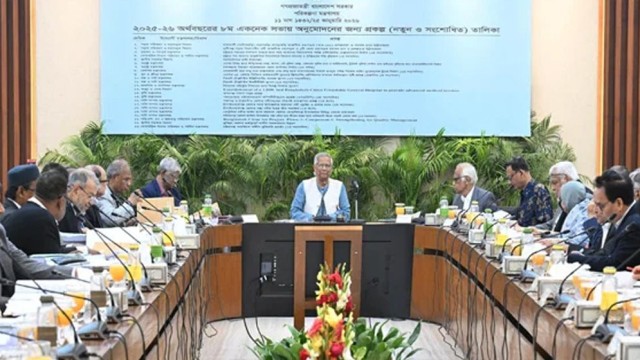
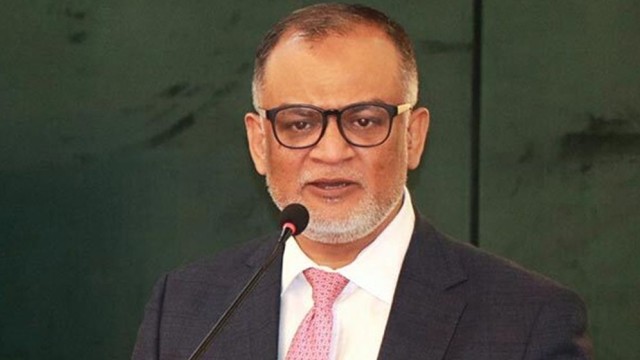
Comment: